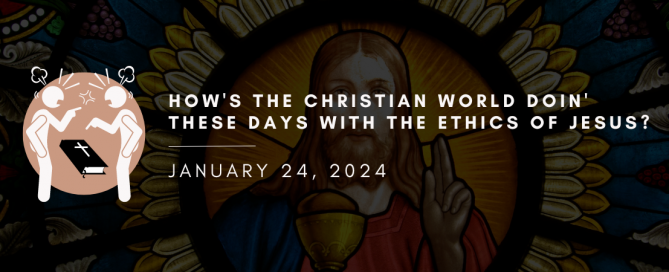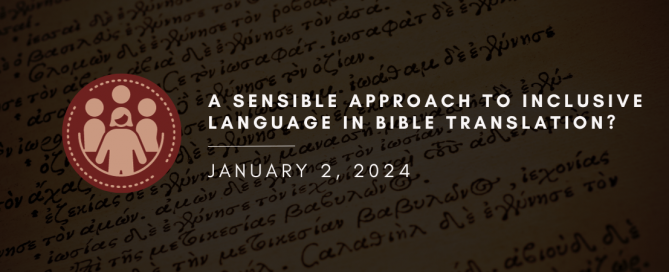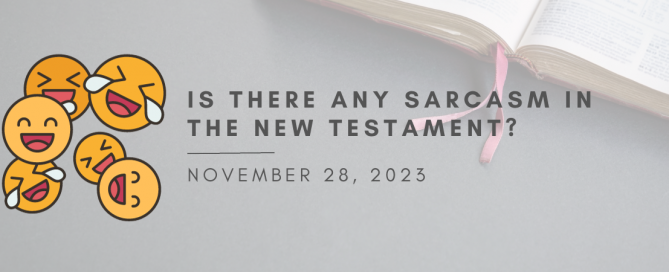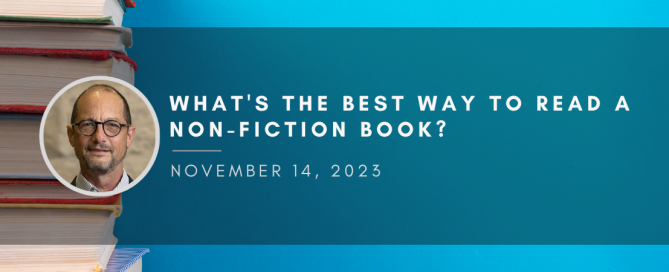Bart’s personal comments and reflections.
Finishing and Publishing My Dissertation
This is the third and final post I'll do on my dissertation on the Gospel quotations in the writings of Didymus the Blind, advised by the great New Testament scholar Bruce Metzger. Different dissertation advisors have different approaches to supervising a dissertation. Some are extremely hands on, to the point of working over every thought and every sentence. Not too many are like that, because if they were, they would never do anything else with their life. Plus, the idea is for the student to figure it out and get good at it. That takes some trial and error. Other advisors go for the big picture and like to talk over the big ideas. Others basically don’t give a rip how the dissertation is coming along – they want to see it at the end, and when it’s done, they’ll tell the student whether it’s good enough or not. Others … well, there are lots of other approaches. Metzger took an approach that other students may have found frustrating, but that was absolutely [...]




